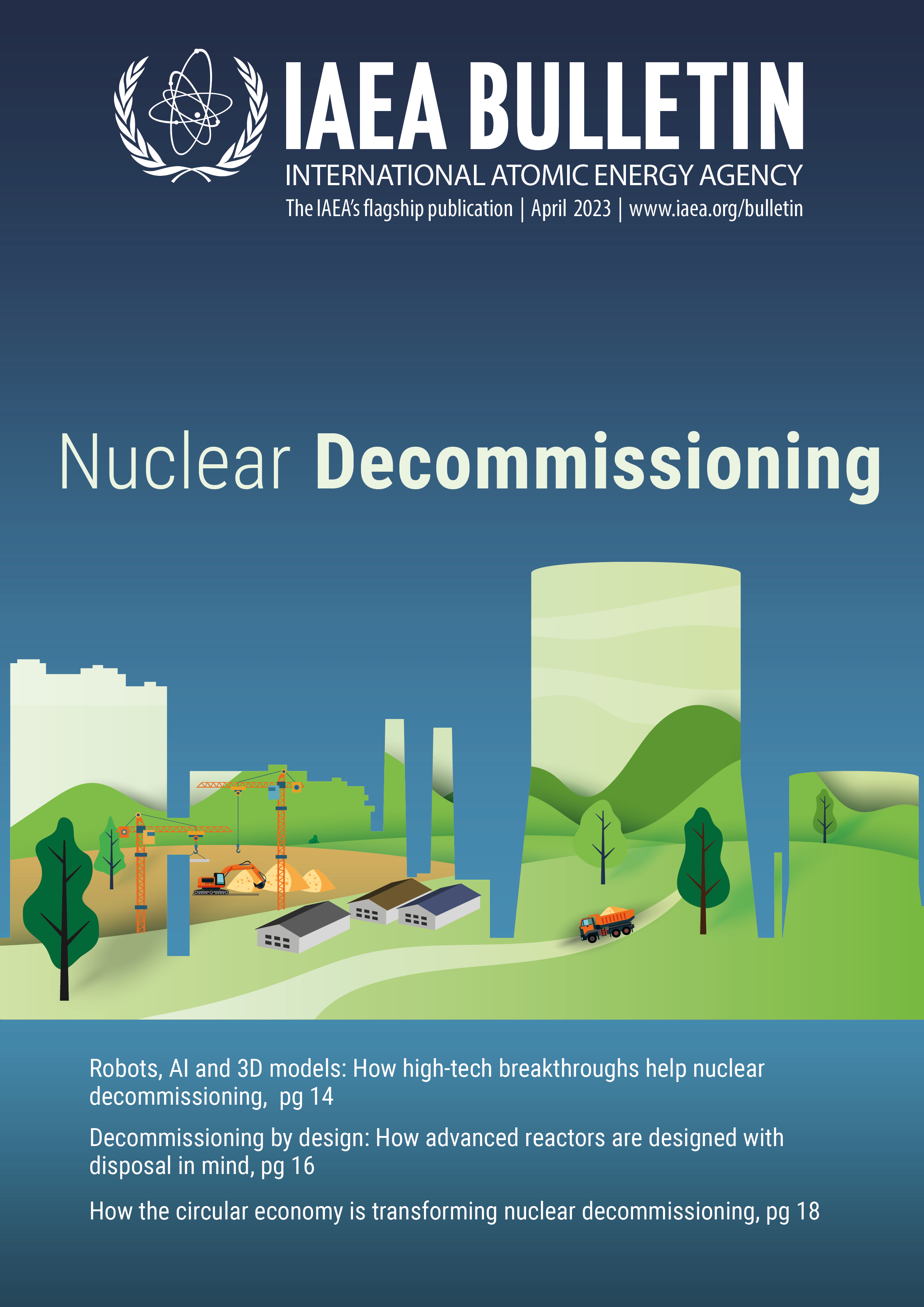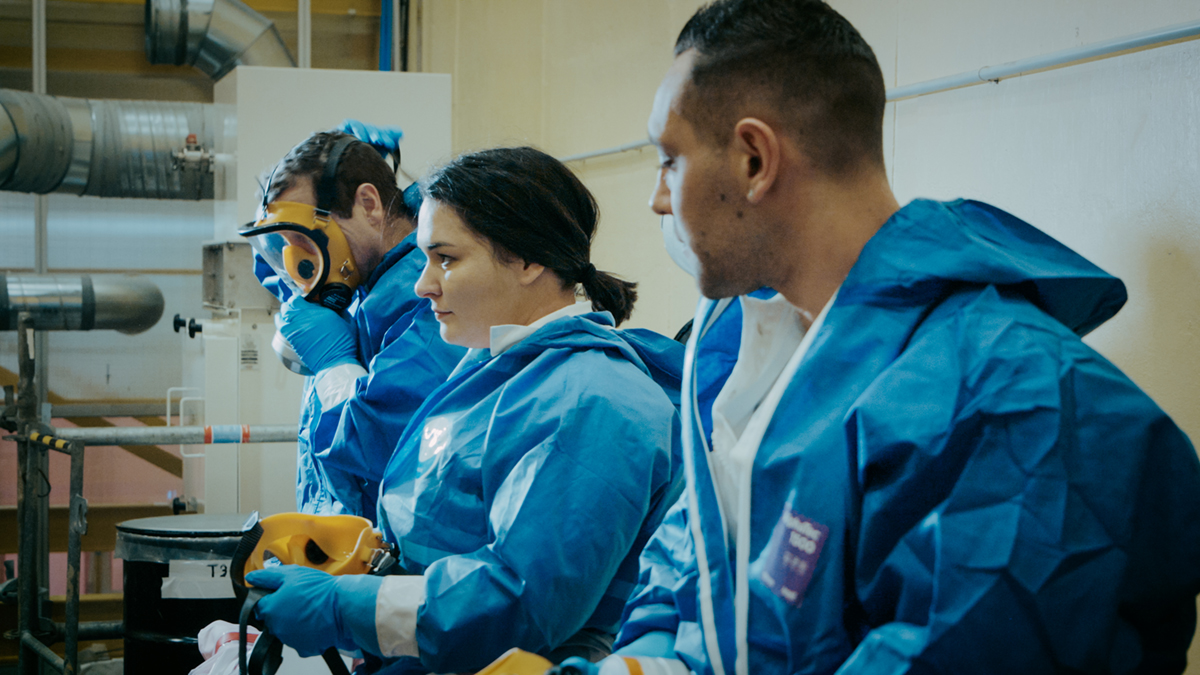One of the major challenges currently facing the decommissioning industry is attracting young professionals to the field. The need for a new generation to enter the workforce is being driven by two factors. On the one hand, there is an immediate need to have an increased workforce in place to decommission the growing number of ageing reactors now reaching the end of their life spans. On the other, the industry needs to prepare for the future, when the decommissioning sector is expected to boom and create even greater demand for science and engineering professionals.
It is estimated that between 12 and 15 per cent of nuclear power reactors currently in operation will be retired by 2030, and decommissioning them will require a range of professionals from various disciplines to ensure that they are dismantled safely, in a cost-effective manner and with consideration for their future use. At the same time, new nuclear facilities that will also eventually have to be decommissioned are being built worldwide.
“Young professionals, such as myself, are eager to use our skills to help advance decommissioning programmes and increase public trust in the nuclear field,” said Simona ?andalová, a 25-year-old nuclear chemist and recipient of the IAEA Marie Sk?odowska-Curie Fellowship Programme scholarship.

